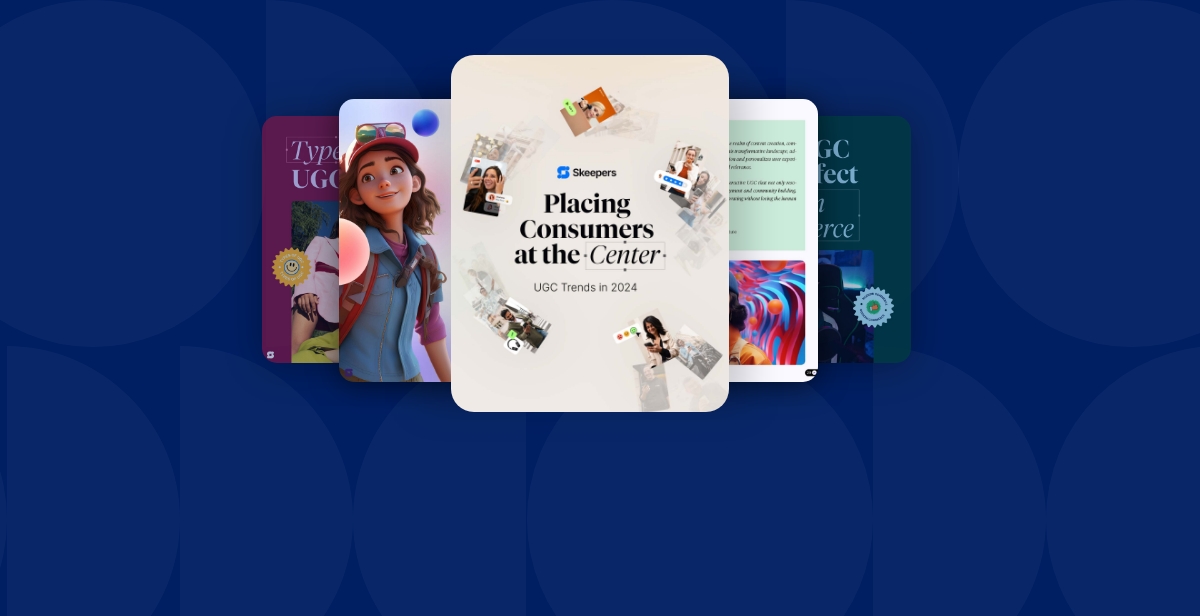Millennials (80 million in the U.S. alone) are about to become your business’s most important customers. This cohort of young Americans born between 1980 and the mid-2000s represent roughly one-third of the U.S. population. But they are not only the largest generation in U.S. and world history; they’re on the cusp of commanding the largest spending power as...
Millennials (80 million in the U.S. alone) are about to become your business’s most important customers. This cohort of young Americans born between 1980 and the mid-2000s represent roughly one-third of the U.S. population.
But they are not only the largest generation in U.S. and world history; they’re on the cusp of commanding the largest spending power as well. Some research estimates they will spend $200 billion annually by 2017 and $10 trillion over their lifetimes as consumers, in the U.S. alone.
And with the first cohort of Millennials only in their early thirties, most members of this generation are at the beginning of their careers and, as such, will be an important engine of the economy in the decades to come.
Make Millennial customers part of the conversation
Constantly connected and dependent on social media, Millennials shop in a whole new way – and brands must sell to them accordingly, or miss out on enormous opportunities.
This is the first generation to have had access to the Internet during its formative years. Social media, be it Facebook, Instagram, or Pinterest, plays an important role in their lives; this is a generation used to sharing and being heard, a generation who is engaged in constant conversation with peers.
No strangers to sharing their opinions online, Millennial customers want to participate in helping you develop a product or service that is fast, efficient, and useful. Despite believing companies don’t care about their opinions (according to Deloitte’s January 2014 Millennial Survey Report), they still want to communicate with companies and strongly believe that companies should offer more ways to share their opinions online.
Elite Daily, a content platform written by and for Millennials, surveyed 1,300 readers to better understand its generation’s consumer behaviors. It found that nearly half of all participants want to co-create products and services with companies. Traditionally, companies have created products and services with the hope that consumers would consume them. But Millennials want to be part of the creation process from the very start. Companies that enable them to be part of that process will be more successful.
Customer-centricity is not an option; it’s a requirement
Elite Daily reports that 62% of its survey participants think if a brand engages with them on a social network or through some other means, such as an e-survey, they are more likely to become loyal customers. This obviously creates more work for companies but it’s worth it if a company wants to reach this generation of consumers.
Millennials demand a customer-centric shopping experience – one tailored to their wants and needs as valued customers. They expect a respectful and intelligent customer interaction and will not hesitate to publically blast an experience that falls short of those expectations, using a variety of channels to vent their frustrations.
Ask consumers to give you feedback. Millennials want to share, so get them talking and respond. Then share these conversations everywhere – let customers know you’ve taken action. When they know you care, they’ll come back with more feedback, and these conversations will create a valuable loyalty cycle.
Prove you care. Respond directly to their input, answer their questions, and engage with them on social media. Take action on the insights their survey feedback reveals, feedback that will inform and improve marketing, product development, customer service, and many other areas of your business.
Millennials care more about what their peers tell them than what marketers tell them. And they’re in constant communication via texting, instant messaging, Facebook, YouTube, etc. Your goal—and challenge—is getting your products endorsed by the group.
Using “pull” advertising techniques rather than “push” techniques will win big points with these consumers.
Millennials wants to be heard
Because purchase decisions are strongly influenced by peer recommendations, building a strong customer-centric presence is key for any company wanting to sell to this group.
This generation must like a brand before buying.
Providing them plenty of information about your products, along with opportunities to tell you what they think, will help you convert Millennials from purchasers to brand loyalists.








